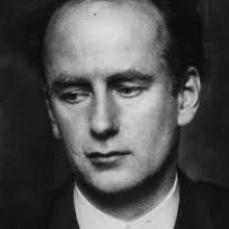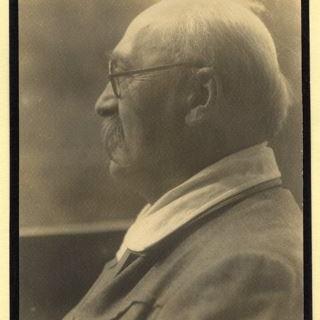Gershom Scholem combined philological thoroughness with a deep understanding of mysticism, coupled with a very pronounced, passionate research. We have a lot to thank him for!
Apparently Furtwängler doesn't belong here. However, his conducting style is based on works by the Jewish musicologist Schenker.
Music, but actually only in its "classic", "tonal" form from Bach to Bruckner, lets something from another world "shine through". Perhaps nobody felt this more clearly than Furtwängler.
The human voice (kol), the "origin" of all music, is closely connected to the 6th sephira! This sphere called Tiphereth, that apparently so arbitrarily set consciousness in God, that only is real through our faith alone, leads in the sephirotic tree of life "immediately" to Keter, the highest reality, as it occurs in Sheschina and enters our world and at the same time goes out. At least mystically, it is the only glimmer of hope.
Which is why the voice naturally plays the decisive role in prayer and not the “sense of the word”. Prayer is much more closely related to music, than we generally think. It should therefore always be carried out as tautologically, even monotonously, as possible.
The so-called "circle of fifths" is further evidence of the "divinity" of tonal music. The number of seven-step (!) Scales from C major to G flat major is exactly 13! They only exist twice, once in major and once in minor. Two times 13 makes 26! Exactly the number of the tetragrammaton "Jahve" in the Gematria.


